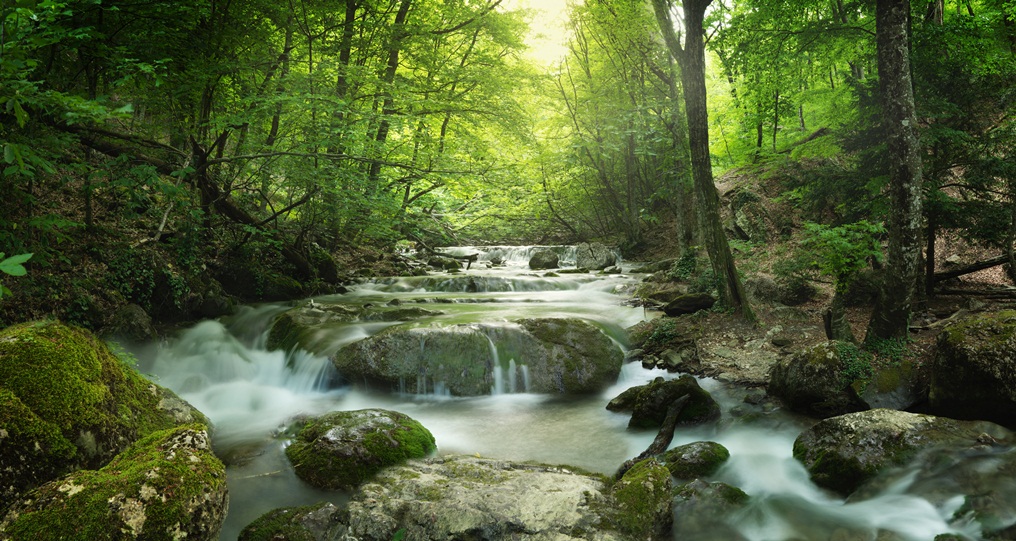Written by Didier Bourguignon

Green Week, the annual conference on European environment policy, takes place from 3 to 5 June 2015. This year’s edition, labelled ‘Nature – our health, our wealth’, has nature, biodiversity and natural resources as its main themes. The European Commission plans to carry out a major review of European Union legislation on nature in 2016, and launched a public consultation aiming to gather contributions from citizens, businesses and NGOs by 24 July 2015.
In spite of an ambitious policy aiming to halt the loss of biodiversity by 2020 and an extensive network of protected sites (Natura 2000) covering 18% of EU territory, biodiversity and ecosystems remain under pressure in the EU, as in the wider world. European biodiversity is mainly threatened by land-use change, climate change, over-exploitation of natural resources and pollution. The objectives of the EU biodiversity protection policy, which is based on the twin Birds and Habitats Directives, sometimes compete with other policies, such as agriculture, fisheries, and climate change. The EU is also engaged in mapping services provided by ecosystems (e.g. regulating local climate, cleaning water, pollinating crops or providing recreational areas) in order to enable better-informed policy choices.
Focus on water in EU policy…
Green Week events at the European Parliament will focus on water, a source of life and an essential resource for nature.
An ex-post impact assessment of EU water legislation, soon to be published by the European Parliament Research Service, highlights what EU policies on water have achieved, and the slow rate of implementation in some areas, such as water quality. A Cost-of Non-Europe report on EU water legislation estimates that if fully implemented, current legislation could generate benefits of up to €2.8 billion per year. The same report also identifies areas for possible future EU policy action, with net benefits estimated at €25 billion per year.
In the EU, agriculture accounts for 33% of total water use, a share rising to 80% in Southern European regions. An increased demand for food and feed, driven by population growth and dietary change is expected to influence water use in agriculture. A study on the sustainable management of water and agriculture, published in 2013 by the European Parliament’s Science and technology options assessment (STOA) unit, concludes that if the EU is to meet its targets for good water conservation status, approaches to water use and water efficiency need to change.
… and for European citizens
Water is of paramount interest to citizens. It is of course essential for our health. The human body is, on average, made up of 65% water and needs a daily water intake to compensate for water losses. The high level of interest for this theme is illustrated by the fact that the first European citizens’ initiative, submitted in 2013, concerned water as a human right. The campaign aimed to guarantee universal access to water and sanitation services in the EU, and demanded that control over water remains in public hands.








Are you suggesting the UK & Ireland should adopt policies that Southern Europe have to adopt for their farming practices to produce food? We can’t get rid of our water fast enough. One glove fits all policies are ludicrous. Hosepipe bans & the like & conservation practices should be localised to drought areas not to those like ours where we can run the taps 24/7